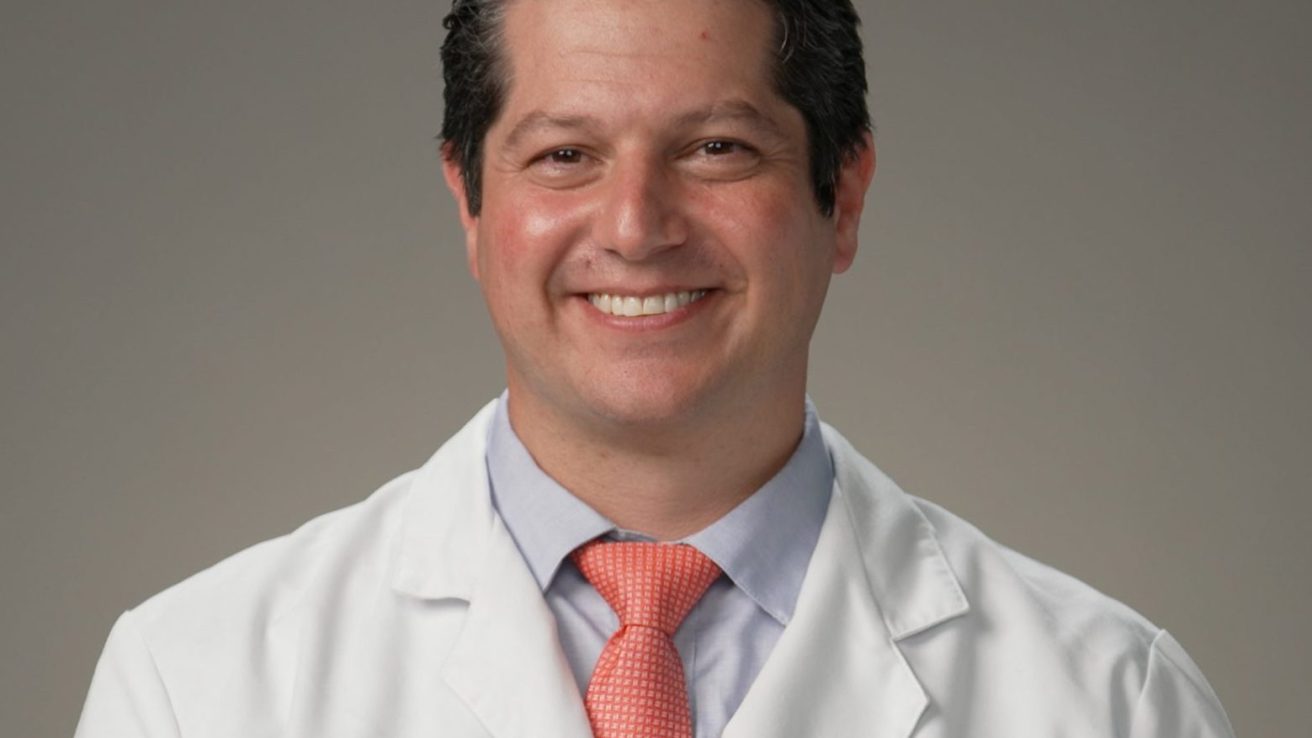In this MD Newsline exclusive interview with health education and wellness physician Dr. Ilan Shapiro, we discuss how the White House’s Latino Policy Group has delivered on improving health outcomes for the Latino community. We also discuss why binational public health is so important.
MD Newsline:
As a former member of the White House’s Latino Policy Group, can you share with us how this group has delivered on improving health outcomes for the Latino community?
Dr. Ilan Shapiro:
“I was a part of the White House’s Latino Policy Group in 2011. That was when the ACA was being developed, and we were having a lot of conversations on how to improve health equity. We had also just experienced the 2009 H1N1 influenza pandemic and had seen just how hard the Hispano community was hit compared to other communities.
We also worked on improving overall health for Latinos, moving away from resiliency, and focusing on growth and prosperity. Finally, we worked on improving opportunities for Latinos to enter the health professions, and, as a result, we now have more Hispano doctors than before. Is it enough? Of course not. Is Hispano representation in medicine hindered by structural inequalities? Yes. But it’s a good start.”
MD Newsline:
Can you tell us a bit about your work in binational public health and why this work is so important?
Dr. Ilan Shapiro:
“I was born and raised in a multicultural household in Mexico City, which is a very diverse city. Early on, I had the pleasure of volunteering with the Red Cross and medical outreach programs. I saw the best parts of Mexico as well as the nightmares that were happening there. I went on to pursue my dream of becoming an international doctor and working on healthcare policy.
At first, my Mexican healthcare colleagues did not understand the meaning of public health policy. It is difficult to translate into Spanish and sounds a lot like public health politics. They struggled with the concept and thought I was trying to be a doctor and a politician at the same time. But I explained to them that working in public health policy is the best way to create beneficial, systematic changes in healthcare, which they came to appreciate.
I also had the pleasure of working with the World Health Organization and saw the struggles among tobacco companies, alcohol companies, and national public health departments. We worked hard on disease prevention, especially on behalf of our younger generations.
I have seen what is happening with Mexican migrants abroad, especially here in the U.S., and how difficult it is for them to access healthcare services, despite the U.S. and Mexico both paying for their healthcare.
Later, I started working in an advisory role for the Mexican Secretary of Health, Mexican Secretary of Foreign Affairs, and our group called Ventanilla de Salud (Health Window). In this group, we developed preventive medicine programs for Mexicans abroad.
From there on, I have been working very closely with minority populations, communities of color, and especially Hispano immigrant and migrant communities to advance culturally sensitive care and equitable care. This work in binational public health is so important because it is key to the growth of our country and the growth of healthy communities.”
Responses have been condensed and lightly edited.










